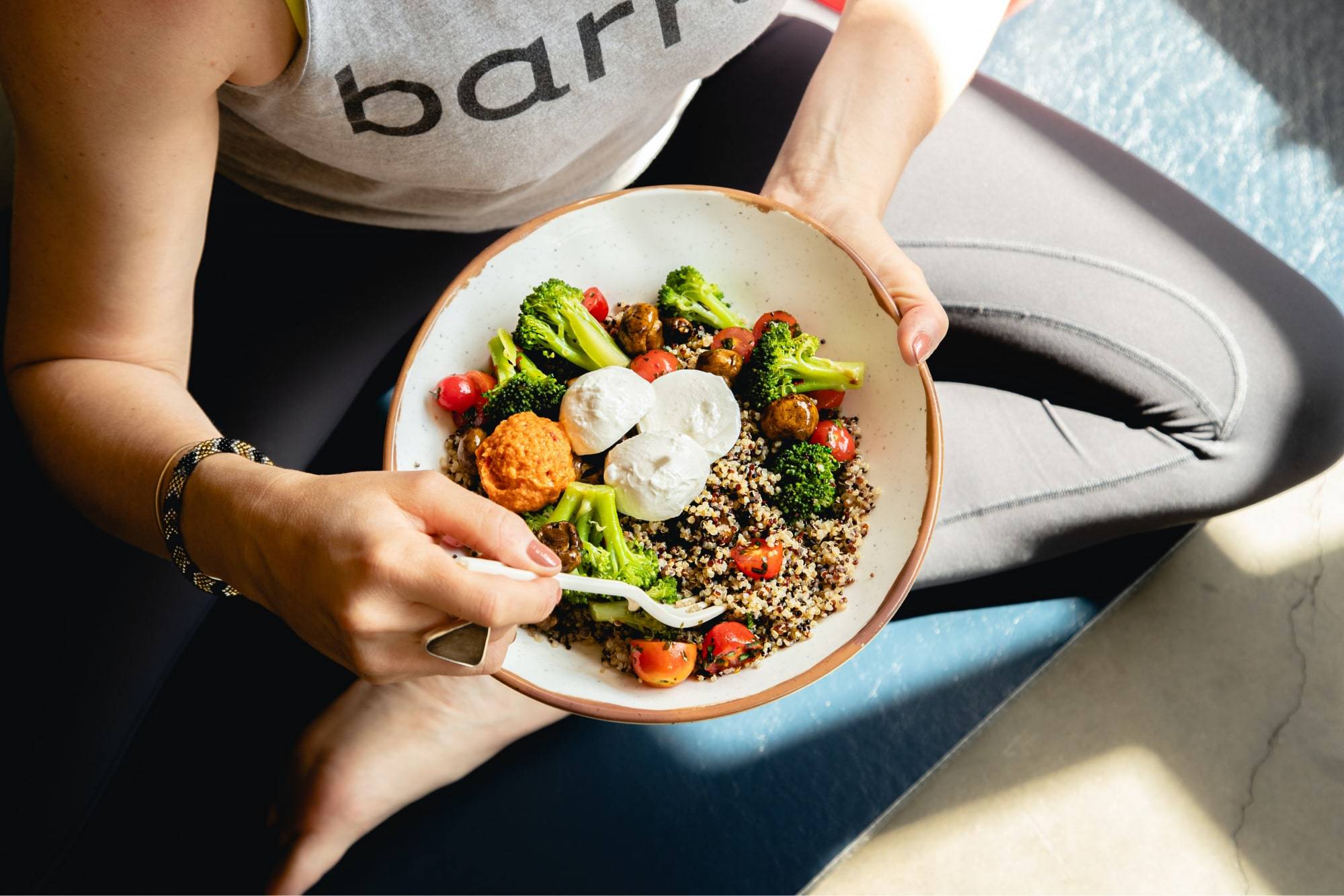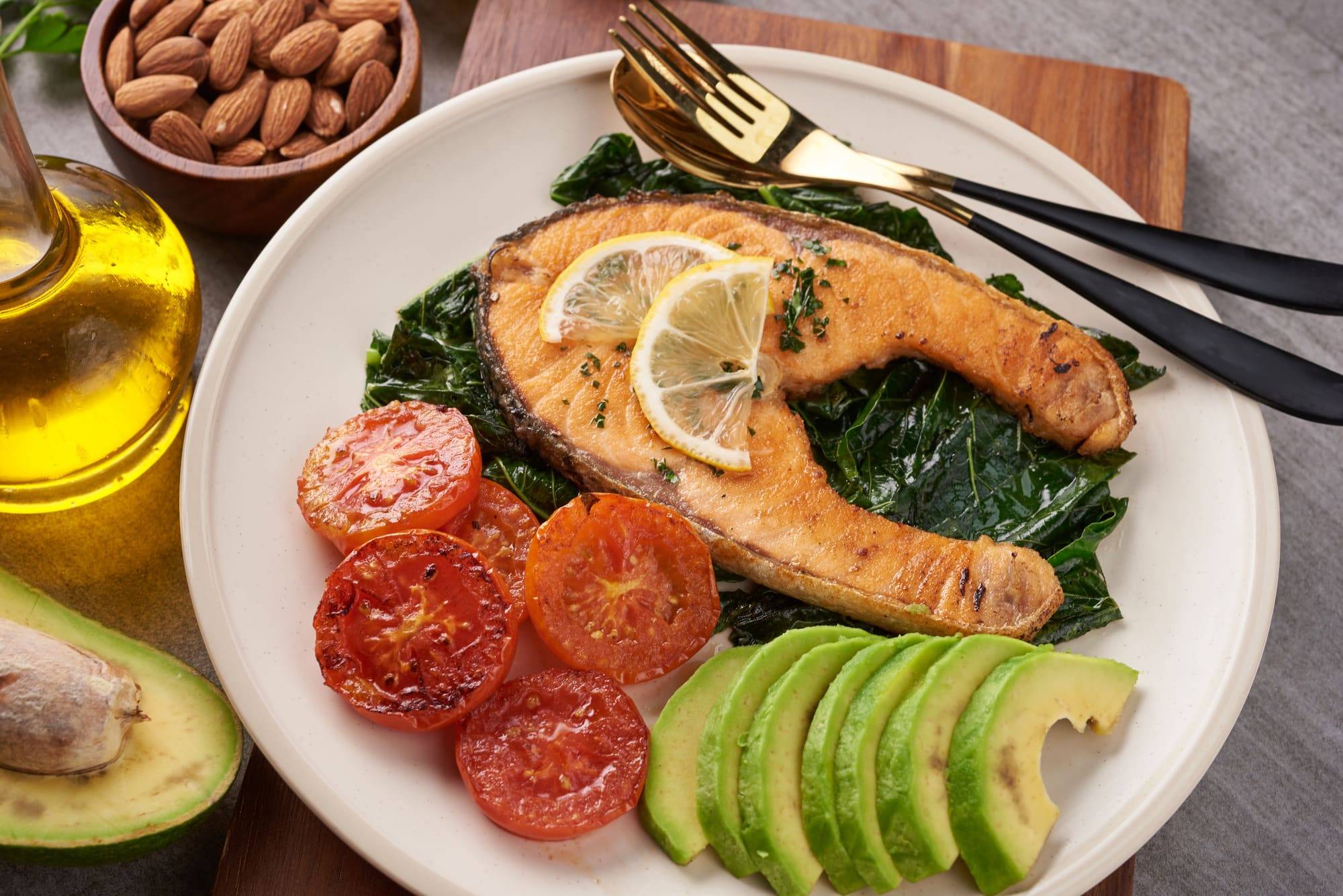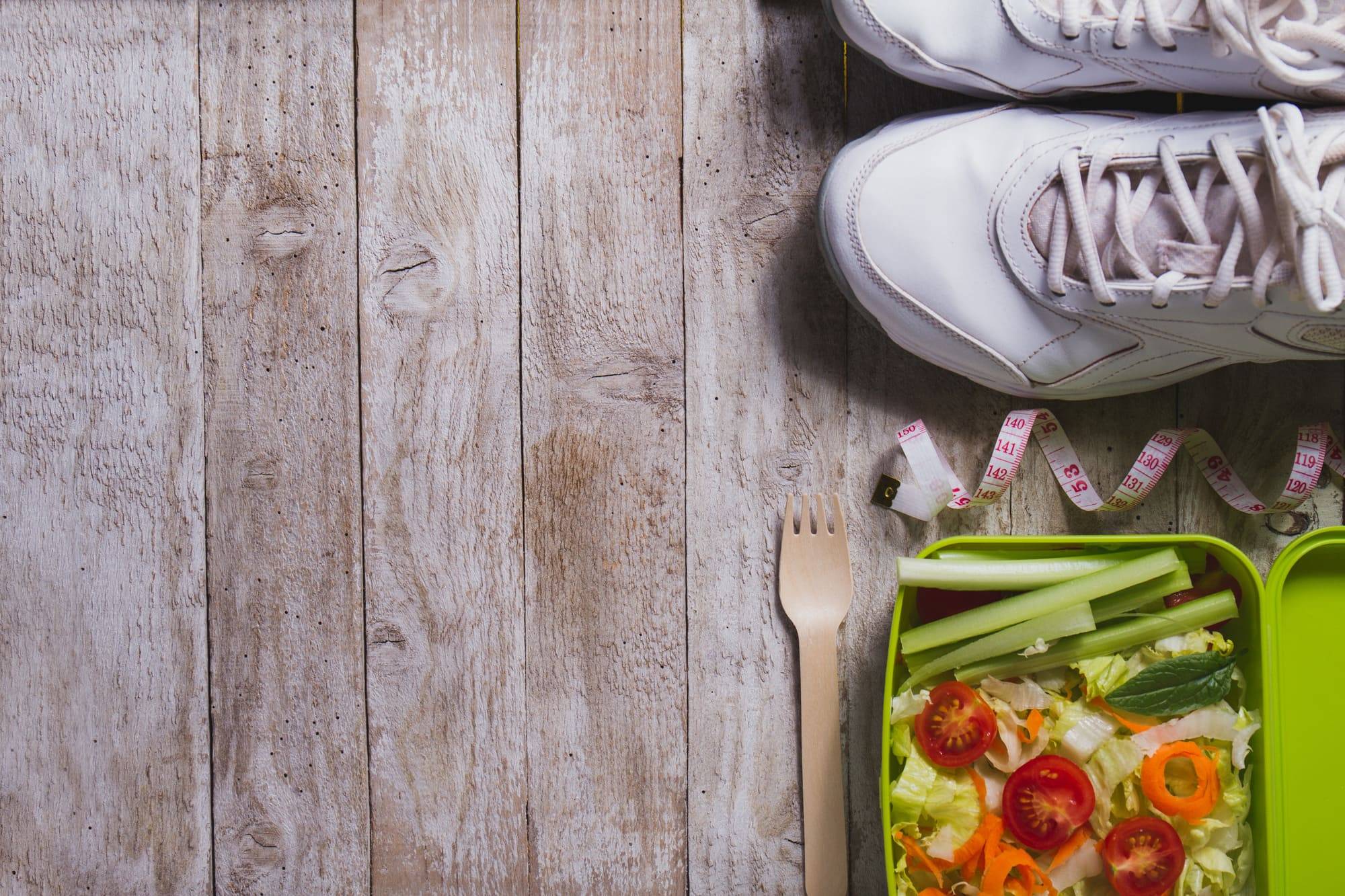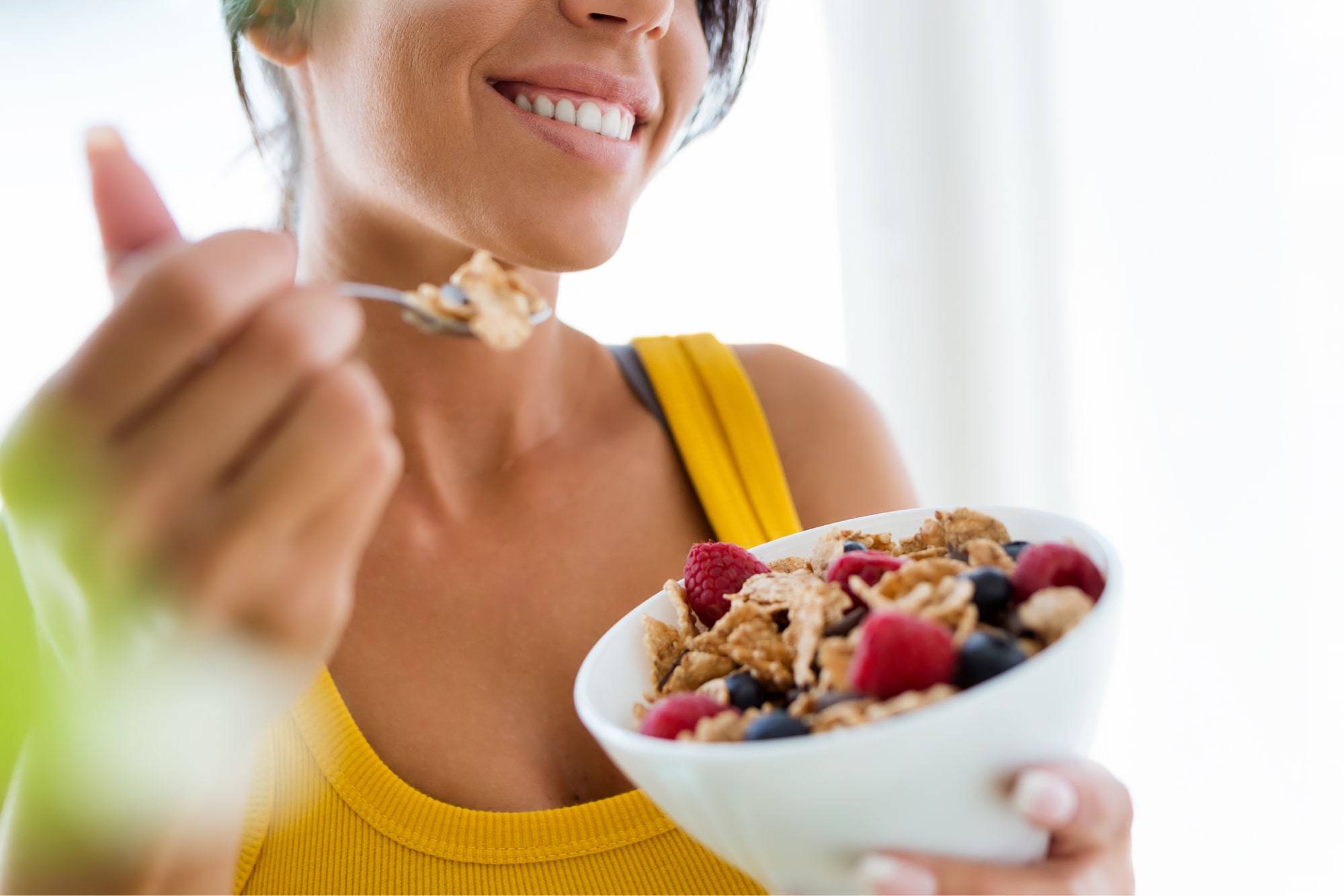What is a healthy diet to run a marathon relatively quickly and without serious consequences? Why does the body struggle after 18 miles? And how to avoid losing speed in the final miles? Find out what to eat before a marathon in the following blog post.
What Do Scientists Say About the Runner Diet?
Glycogen is a polysaccharide (a long chain of carbohydrates) stored in the liver and skeletal muscles as a source of glucose during periods of muscle activity.
Scientists estimate that, on average, 120g or 3,000 to 3,500 kcal of glycogen is stored in muscles and the liver. A well-trained amateur runner has enough energy for 18 – 21 miles of continuous running in aerobic mode. After that, the body switches to fat stores, accompanied by unpleasant feelings like dizziness, nausea, increased heart rate, and heaviness in the legs.
Sanford Health states that in a runner diet, you must “Start several days before your race by increasing your normal amount of carbohydrates from 55 to 65 percent to 70 percent”.
What to Eat the Week Before a Marathon?
Usually, the diet starts 6 days before the marathon and in different schedules – 3:3, 2:4, 2.5:3.5, where the first number is the number of days without carbohydrates, and the second is the number of days of accumulation of carbohydrates. The regimen is individual since everyone’s bodies are different, and one program won’t suit everyone.
The primary condition on “carb-free” days is the exclusion of absolutely any carbohydrates. In pre-workout food, you must avoid cereals, starchy foods, sweets, and unprocessed carbohydrates such as fruits and starchy vegetables. Nutrition for runners on these days includes proteins:
- poultry;
- beef;
- fish;
- eggs;
- cheese;
- cottage cheese.
The marathon training plan on no-carb days is aimed at reducing glycogen stores. Long runs with a low heart rate are important not to overload the body and be tired when the marathon comes.
But at the end of this diet period, it is necessary to do a “burning out” workout. That is intensive aerobic-anaerobic. Then move on to carbohydrate accumulation, excluding all fatty, spicy, and fried foods.
What to Eat 48 Hours Before a Marathon
From the second half of Wednesday to the end of Saturday, with a peak on Friday (two days before the marathon), is carbohydrate loading time.
During this time, the main focus should be products that contain the maximum amount of “slow” carbohydrates: rice, all kinds of cereals, potatoes (especially baked), pasta, and fruit (especially grapes). However, you do not need to limit yourself to just carbohydrates – the body will tell you what it needs.
You may wonder what to eat the night before a marathon. We do not recommend using only polysaccharides for carbohydrate loading: cookies, cakes, chocolate, candies, ice cream, marshmallows, and other harmful foods. You will not get glycogen – your body will convert these foods into fat, negatively affecting your weight and running speed.
What to Eat the Morning of a Marathon
Here is what elite athletes eat for breakfast right before the big race, according to the Runner’s World poll:
- eggs, toast, banana, coffee;
- oatmeal, toast, banana;
- oatmeal and toast;
- toast and coffee;
- oatmeal, bread, banana, and Gatorade;
- sports protein-carbohydrate drink.
And everyone answered that they had breakfast 2-3.5 hours before the marathon. Everyone knew in advance exactly when and what they would eat.
As a result of the proper meal plan, participants of marathons do not need to fear those heavy feelings from 18 – 21 miles. The whole distance is covered evenly and without incident.
We cannot recommend a pre-marathon diet for people suffering from certain diseases. So before you start, we highly recommend consulting your doctor.






